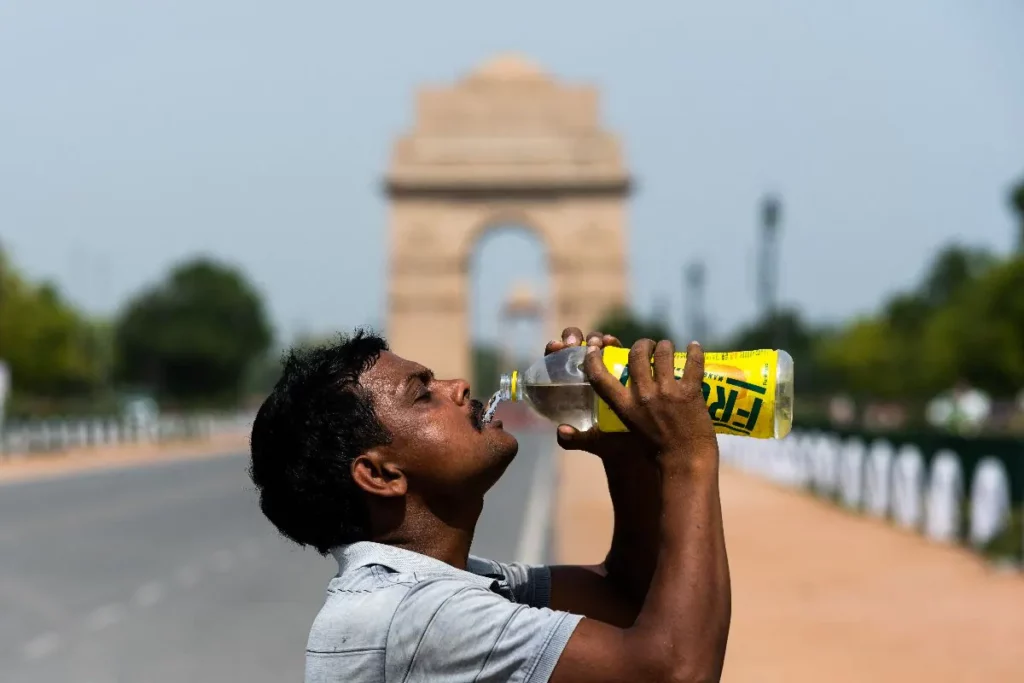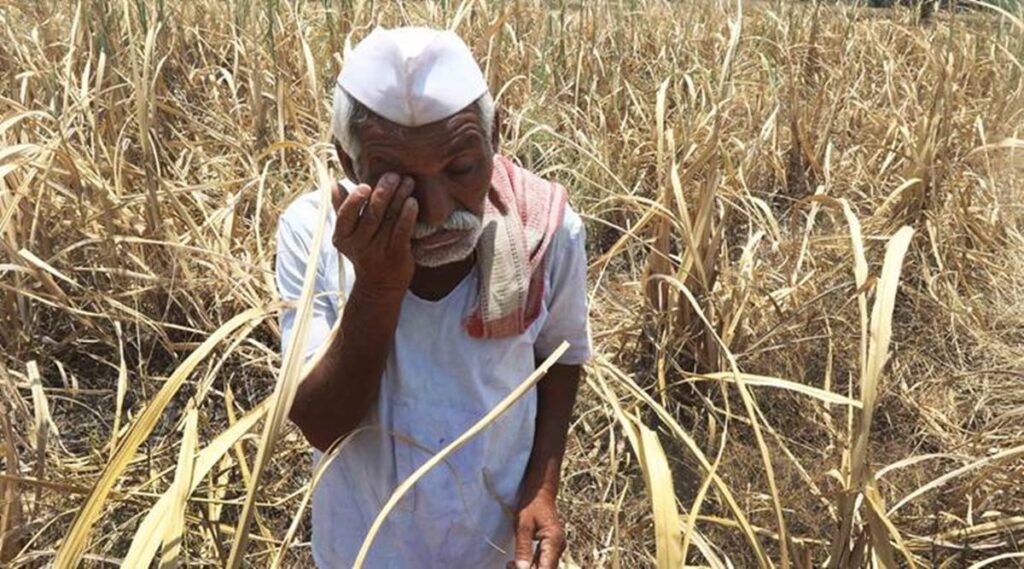India (Commonwealth Union)_ Heat waves are increasingly becoming a frequent occurrence due to climate change, leading to significant impacts on various sectors, including agriculture. Agriculture is one of the most vulnerable sectors to the impacts of heat waves, as high temperatures can reduce crop yields, affect livestock health, and increase the risk of wildfires. The effects of heat waves on agriculture can be felt across the globe, with varying degrees of severity depending on the region’s climate, infrastructure, and socio-economic conditions.
The India Meteorological Department (IMD) has forecasted a heatwave between March and May, following February’s record-breaking maximum temperature of 29.54 degrees Celsius, the highest in 122 years. The country’s northeast, east, and central regions, as well as portions of the northwest, are anticipated to be most impacted. In response to the heatwave, the Union Health Ministry released a list of “Dos and Don’ts” for the public. Last March saw the highest temperatures in more than a century, as extreme heat waves ruined crops and caused widespread power disruptions.

The February temperature pattern might result in a stunted yield, hindering the government’s efforts to combat inflation. During the summer, higher temperatures will also cause an increase in energy usage, which will increase the strain on the nation’s power grid. A heatwave is a period of excessively high temperatures compared to the average temperatures for that time of the year. Between 2015 and 2020, the number of states impacted by heatwaves has more than doubled to 23. The month of February recorded the country’s highest ever national average temperatures since 1901.
Temperatures are expected to stay high across the country, with the exception of the peninsular area. The heatwave is predicted to damage the harvests of wheat, chickpeas, and rapeseed in the majority of the main wheat-producing regions. Export limits resulting from decreased output will maintain a tight market. As the wheat crop is presently in a vulnerable stage, March’s temperatures play a critical role in its development. A prolonged heatwave might limit wheat output in the country for the second year in a row, thereby affecting local food prices.

To note, India is the second-largest wheat producer in the world, after China, and a decrease in output would worsen India’s export challenges. To prevent summer outages, coal-fired power stations have been instructed to operate at maximum capacity until May. As a consequence of increasing demand from air conditioners and irrigation pumps, generators are already providing more electricity, easing the load on home supply. Extreme weather conditions increase the demand for fossil fuels and the reliance on hydropower, resulting in the depletion of supplies. Heat waves can have significant impacts on agriculture. Here are some of the impacts.
- Crop yield reduction: High temperatures can damage crops by reducing their yield, causing a decrease in the quality of fruits, vegetables, and grains. High temperatures can also cause plants to wilt, reducing their ability to produce food.
- Drought: Heat waves can cause drought conditions, which can be devastating for crops. Drought can reduce soil moisture, leading to a lack of water for plants to grow. This can lead to reduced crop yields or even crop failure.

- Pests and diseases: Heat waves can create favorable conditions for pests and diseases, increasing the risk of infestations and outbreaks. This can cause significant damage to crops, leading to reduced yields.
- Water shortages: Heat waves can cause water shortages, which can make it difficult for farmers to irrigate their crops. This can lead to reduced crop yields or even crop failure.
- Livestock health: Heat waves can also affect livestock health. High temperatures can cause heat stress, which can lead to dehydration and other health problems for animals.
Overall, heat waves can have significant impacts on agriculture, leading to reduced crop yields, crop failure, and other negative effects on food production. In this context, understanding the impacts of heat waves on agriculture is crucial for devising effective adaptation and mitigation strategies to minimize the associated risks and ensure food security.








